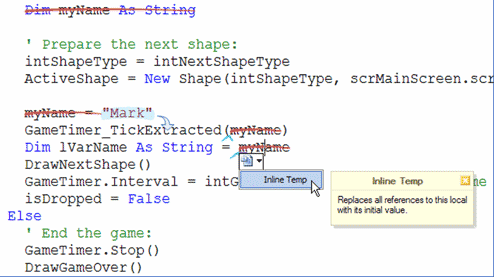AI
Posts tagged with AI
Conversational Interfaces Redux
This blog post examines the evolution of conversational interfaces, highlighting the role of natural language processing in creating intelligent applications. Aimed at technology enthusiasts and AI professionals, it discusses the potential for software to serve as personal assistants and artists, revolutionizing user interaction.
AI, Natural Language, TechnologySiri Technology
This blog post examines Siri technology, focusing on its advancements and limitations in natural language processing and voice control. Targeted at tech enthusiasts and industry professionals, it critiques Siri's capabilities while comparing it to competitors like Microsoft and Google, emphasizing the ongoing evolution of conversational AI.
AI, Natural LanguageSiri and the Human Connection—The Eliza Effect
This blog post examines the "Eliza Effect" in the context of Apple's Siri, focusing on how virtual assistants foster human-like connections. It appeals to readers interested in AI, human-computer interaction, and the psychological impact of technology on user relationships.
AI, Natural LanguageConversational Interfaces: Siri & Shrdlu
This blog post delves into the development of conversational interfaces, highlighting Apple's Siri alongside the historical SHRDLU program. It appeals to AI enthusiasts by examining advancements in natural language understanding and the evolving dynamics of human-computer interaction.
AI, Natural LanguageCode and Data
This blog post delves into the integration of functional programming with code and data manipulation, aimed at developers seeking advanced programming insights. It highlights the advantages of using transforms for document operations and critiques traditional approaches, particularly Lisp, for their limitations.
AIDirect UI
The blog post "Direct UI" discusses transforming document windows into interactive control surfaces to enhance user experience, aimed at developers and tech enthusiasts. It critiques traditional text-editing solutions and highlights innovative applications like Refactor Pro, which utilize direct UI for smarter document interactions.
AI




